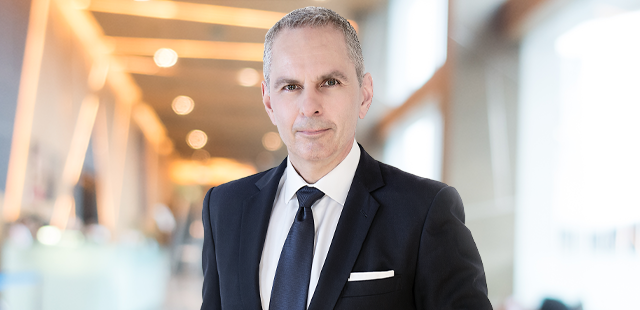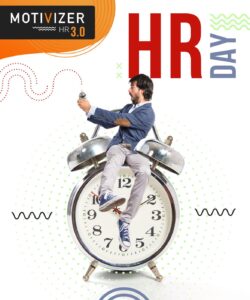Capital24.tv Debate with Piotr Dubno – “Economy, Innovation, Investments. What Changes Await Us?

The debate “Economy, innovation, investments. What changes await us?” organized by the Capital24.tv editorial team took place in Warsaw. The participants included Iwona Załuska, CEO of the Upper Finance group, Tomasz Drzał, CEO of Speed Management Poland, Piotr Dubno, Board Member of Motivizer, and Rita Schultz, Capital24.tv editor.
– Today, the largest technology companies in the United States employ about 10% of the number of employees than the largest industrial companies after World War II. This means that now a much smaller number of employees performs much more complex tasks. Today, the main challenge for companies is to relieve these employees as much as possible, automate as many processes as possible to free up time and energy for tasks that can only be uniquely performed by people, in short, creatively thinking,” said Piotr Dubno, CFO of Motivizer during the debate. Piotr Dubno, CFO Motivizer.
Iwona Załuska talked about an interesting phenomenon in the market: “people aged 25 to 34 who still live with at least one of their parents, called nest-dwellers. In Poland, over the last few years, nest-dwelling has become very common and currently affects 2 million young people. The problem is made up of many factors – rising rental prices, insufficient means to purchase their own apartment, and the fact that young people do not decide to take out a loan – they prefer to remain mobile.”
In her opinion: “the solution to the situation is the emerging new market of institutional rentals, which is an integral part of every European housing system and responds to dynamically changing customer expectations.”
– The last years of the pandemic and the war in Ukraine have affected all industries, but not to the same extent. While, for example, the hospitality and transport industries have suffered a significant crisis, IT and energy sectors currently record record turnover. As it turns out, the recipe for difficult times is diversification. It seems that this is the direction that Polish entrepreneurs are heading in,” said Tomasz Drzał, emphasizing that the flexibility and creativity have always been the advantages of our economy. These two characteristics are why Poland is still developing faster than the rest of Europe. He pointed out less optimistically that: “unfortunately, it is not developing thanks to the actions of the ruling authorities, but rather in spite of them. The legislator does not make life easier for entrepreneurs, not caring about the competitiveness of the Polish economy. We are losing our basic assets, such as lower labor and living costs that we used to have until recently.”
Piotr Dubno also expresses concern that the most important thing has become answers to 2 questions – whether we have the ability to raise prices at least at the pace of rapidly increasing inflation and what are the possibilities of reducing our own costs. The key to the first issue is having an offer – a product or service – that is unique or differs from competitive solutions enough not only to be subject to market price pressure, but to be able to raise the price at least to the level of inflation. The key to reducing costs is optimizing processes with particular attention to digitization and automation introduced as widely as possible, which will reduce the risk of having to raise wages and allow companies to focus their energy and attention on creative responses to emerging market opportunities and challenges. Regardless of the industry, with a few possible exceptions – for everyone, the time of strategic decisions and actions is starting.
Watch the debate:
Recent Posts:
- Capital24.tv Debate with Piotr Dubno – “Economy, Innovation, Investments. What Changes Await Us?
- The future of HR – what will be the key to organizational success?
- Are you keeping up with the idea of a modern workplace?
- Burnout, how can an employer help an employee?
- Digitalization of HR is key to unlocking the full potential of an organization

